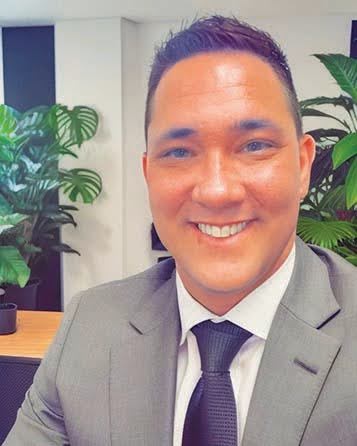By Barbara Nicholson Brown
While the stigma surrounding addiction still prevails, I’ve witnessed tremendous positive changes in how addiction and alcoholism is perceived, and you may have too. One thing I’m certain of is — we are not flawed people to be shamed into a dark corner. We have a disease.
Recently, I watched the documentary, Crime of the Century on HBO Max about the opioid crisis brought on by Purdue Pharma* maker of OxyContin and the Sackler family. The series really opened my eyes to the corruption, deceit, greed and lack of conscience of the company. Making billions was the goal. While this drug taken correctly may have been beneficial to cancer patients or people with severe and debilitating illness and pain, many were unable to taper off and overdoses increased at alarming rates. Addict or not, it tore apart many lives.
Crime of the Century offered me a better understanding and more compassion for those who did become addicted to these painkillers. As an alcoholic in long term recovery, I’m still an addict. Over 500,000 Americans of all ages and backgrounds lost their lives to opiates during its 20 year run. Many became severely dependent on these pills — not from buying them on the street, but by following doctor’s orders…. as prescribed. More than once in Crime, addicts are labeled and judged, as if an addict or alcoholic’s life is less than, or deserve the consequences. Addiction is still a misunderstood disease.
And now the latest drug trend is Fentanyl. Tiny amounts of fentanyl (imagine just a few grains of salt) can lead to fatal overdoses, often when a person unknowingly takes it after it is mixed with another drug, such as heroin or meth. Fentanyl was linked to roughly 90,000 fatal overdoses reported across the country last year, according to the Centers for Disease Control. Its use is most prevalent among people ages 18 to 24.
In two words, it’s lethal. Federal data shows busts of fentanyl are on the rise along the border in Arizona and California. Federal authorities have seized more than 7,000 pounds of the powerful synthetic opioid along the U.S.-Mexico border since October, compared to roughly 4,500 pounds seized in all of fiscal 2020, according to data from Customs and Border Protection.
As my dear friend and colleague Stephanie Siete (Public Information Officer for Community Bridges, Inc. CBI) stresses during her trainings with law enforcement, families, schools and at community awareness events, we all need to be in the know. Read and learn what you can, open up the conversation with your kids, community members and neighbors. Stay vigilant, and never hesitate to ask for help. If you have medications at home, lock them up. If you ever need suggestions or resources for where to find help, contact me at [email protected].
For anyone who may be struggling to get your life back, don’t ever give up. We all are worthy of a life filled with hope and health. Together, we will continue to help one another build a strong foundation on the recovery journey and we can be proud of it.
* On Oct. 21, 2020 Purdue Pharma agreed to shut down its company, pay roughly $8.3 billion and plead guilty to three federal criminal charges for its role in creating and exacerbating the nation’s opioid epidemic. “This resolution closes a particularly sad chapter in the ongoing battle against opioid addiction,” Drug Enforcement Administration Assistant Administrator Tim McDermott said in a statement. “Purdue Pharma actively thwarted the United States’ efforts to ensure compliance and prevent diversion. The devastating ripple effect of Purdue’s actions left lives lost and others addicted.” Source: https://www.beckershospitalreview.com



































